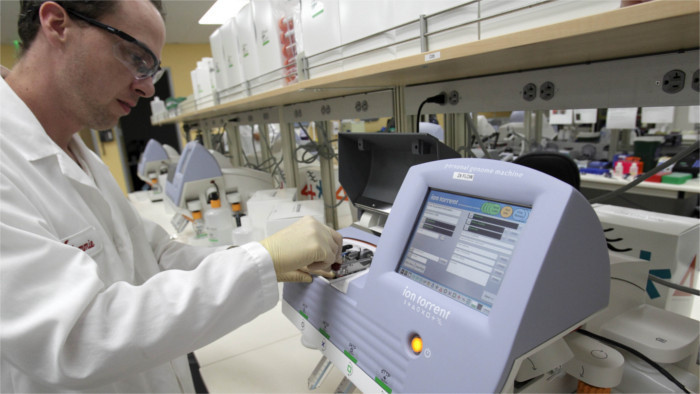A new research programme on the degradation of so-called "forever chemicals" by using microorganisms is being launched in Slovakia for the first time. The research is based on the premise that several types of micro-organisms, mainly bacteria and fungi, have the potential to be good tools in the removal of poly- and perfluoroalkyl substances (PFAS) from wastewater environments, Monika Tináková, spokeswoman for the Slovak Academy of Sciences (SAV), reported.
"These substances resist biodegradation, often contaminating surface water, groundwater and soil, creating a risk of accumulation of these substances in drinking water, food and the environment in general," explained Domenico Pangallo from the Institute of Molecular Biology of the Slovak Academy of Sciences.
Pangallo noted that there are several physicochemical methods to treat PFAS, but they are highly expensive, energy intensive and incomplete mineralization occurs. "As a result, there is a growing interest in microbial degradation and enzymatic treatment of PFAS because it is a more comprehensive, cost-effective, sustainable and environmentally friendly alternative," he added. In this regard, the Institute of Molecular Biology of the Slovak Academy of Sciences has signed a Memorandum of Cooperation with Kia Slovakia.
Since the 1950s, significant amounts of PFASs, commonly referred to as "forever chemicals," have been released into the environment, leading to significant contamination of soil, surface water, and groundwater sources. Exposure to PFASs occurs regularly in humans, animals and the environment through a variety of sources such as food, water, consumer products and waste from manufacturing industries.
Source: TASR

